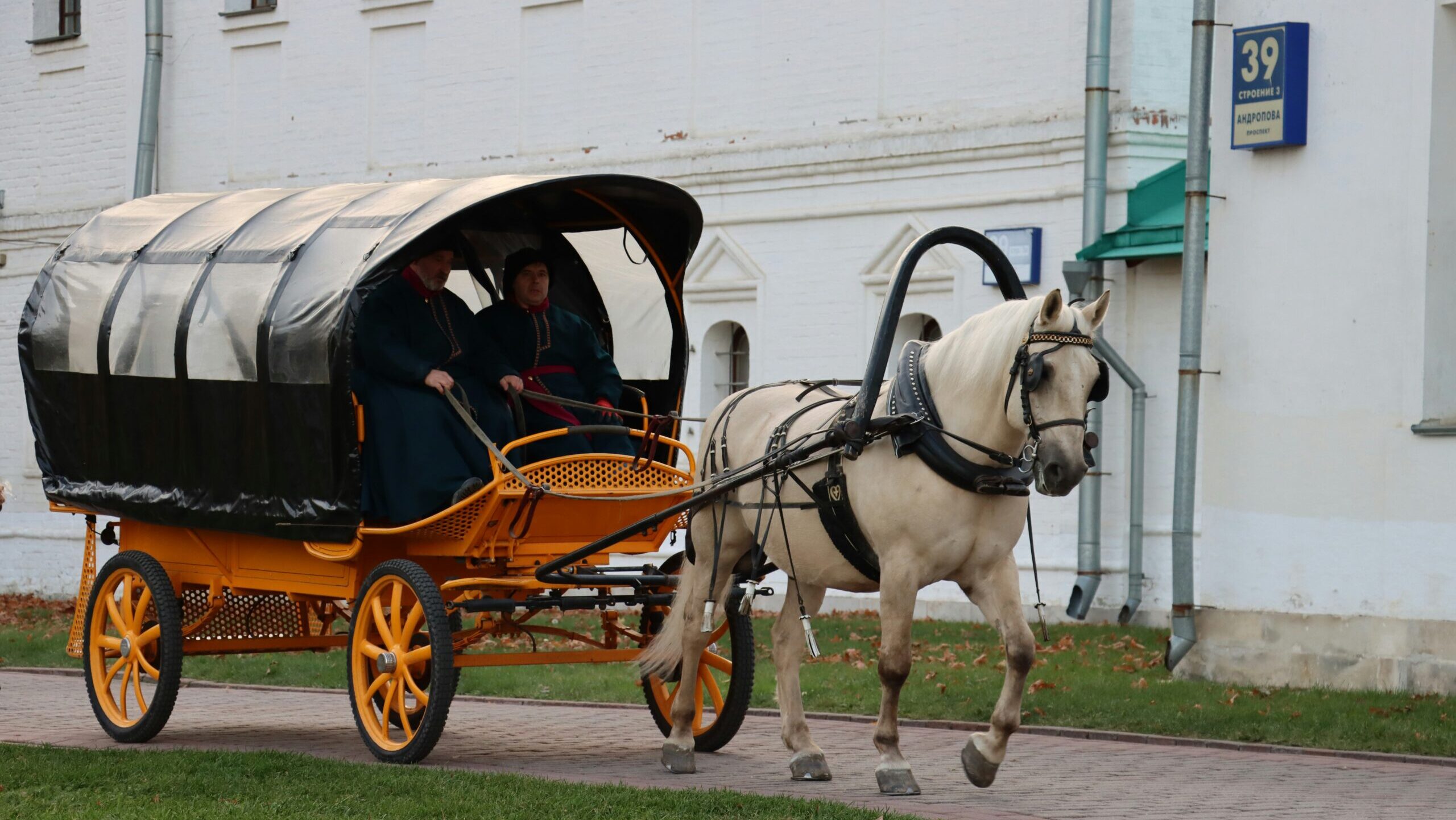What is a coach, really?
By exploring the word’s meaning and its origin, this article aims to help aspiring coaches reflect on their role and understand the true essence of coaching.
The Origin of the Word “Coach”
The word “coach” has a fascinating history. It gained its current meaning in the 16th century, derived from the Hungarian word for a large, four-wheeled carriage, or “coach.”
Over time, the meaning evolved from a noun (“a carriage”) to a verb, signifying the act of safely transporting a person to their destination.
By the 1840s, the term was used for a private tutor who guided students toward the goal of passing their exams. This metaphor likened the tutor’s role to a carriage driver, carefully taking a passenger to their desired destination.
Today, in Japan, a “coach” is generally understood as someone who “guides and trains athletes in the techniques of a sport.”
However, I believe this understanding might miss some of the nuance of the word’s origin.
The Role of “Club Activities” in Japanese Sports
My skepticism about the modern interpretation of “coach” stems from Japan’s long-standing “club activities” (bukatsu) system. This system has been a cornerstone of Japanese youth sports for decades, integrated directly into the school education system.
Having been a part of this system as both a player and a high school teacher, I’ve noticed a disconnect. The primary role of a teacher is to “teach,” a skill that is formally trained and evaluated.
However, coaching is rarely part of a teacher’s education. While some teachers are undoubtedly fantastic coaches, there’s a prevailing assumption that “teaching and coaching are the same,” which I believe is fundamentally flawed.
The bukatsu system, by being an extension of the school, often inherits the hierarchical student-teacher relationship. In this structure, the joy of sport, which should be the core of the experience, is often secondary to the educational mission. For a coach, a flat, respectful relationship with a player is ideal, but in a school setting, the teacher-student dynamic can be difficult to escape.
The Player-Coach Relationship: Flat and Respectful
So, what is the ideal relationship between a coach and a player?
For me, the most fundamental principle is rooted in the origin of the word itself: to carefully transport someone to their destination. In this context, the “destination” must be set by the player.
This means that the player is always at the center, and the coach’s role is to provide support. Just as there are as many destinations as there are players, the coach’s mission is to empower each player to reach their unique goal. This is a flat, two-way relationship, where a coach and a player can exchange ideas as equals.
In the youth sports world, we often hear that “praising children is effective.” But I feel that the act of praising can imply a superior-to-inferior dynamic. Instead of praising, I believe it’s more important to express joy or gratitude when a player performs well.
What Kind of Coach Should We Strive to Be?
After much reflection, I’ve concluded that a coach must constantly ask themselves what kind of person they should be. The job of a coach can feel unrewarding at times—like planting a seed and not knowing if it will ever sprout. It’s easy to get caught up in the day-to-day questions of “What should I do?” to help my players.
But it is crucial to stop and ask, “How should I be?” This simple, introspective question—though often overlooked—is what truly defines a coach.


